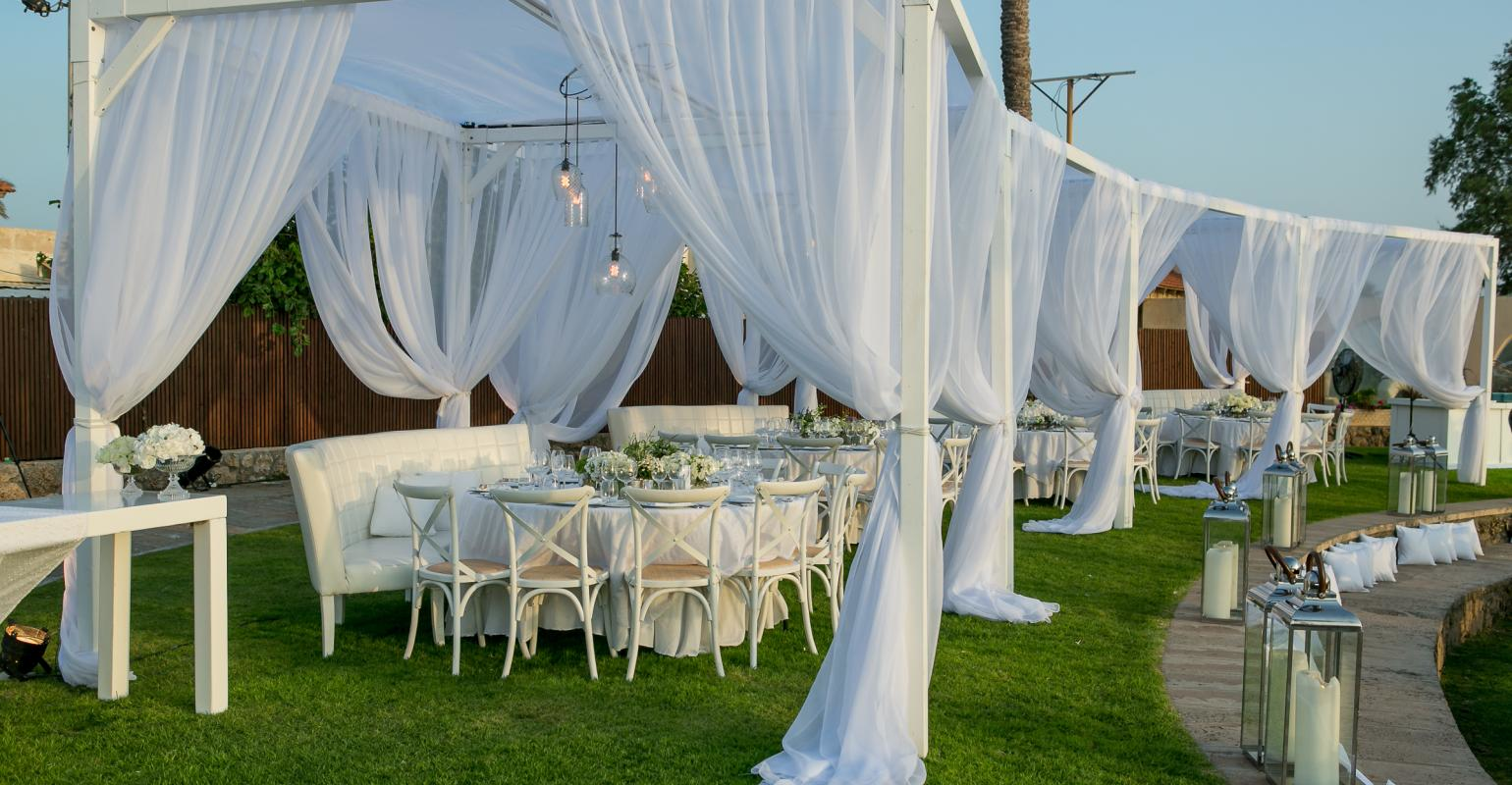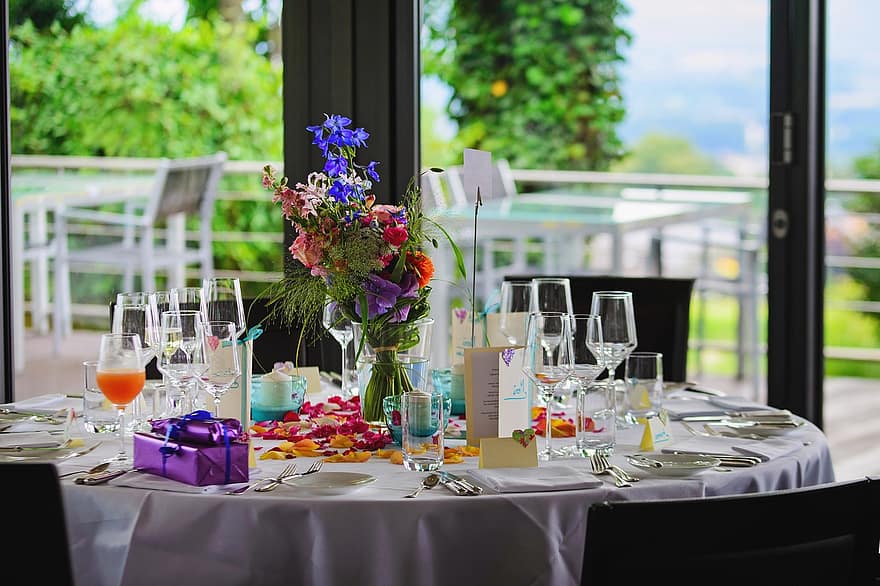
Summary
1. What is a wedding planner?
2. What is the role of the wedding planner?
3. How to find that special person?
If you lack the time and energy to organize your wedding, why not call a wedding planner? He will manage everything for you from A to Z or just a part of your wedding. You should know that this concept comes from the United States and that it has been widely used for more than 50 years, it is a profession in its own right.
1. What is a wedding planner?
There are two possibilities for the wedding planner:
– He will take care of all the wedding preparations and the planning of this fabulous day.
– He will manage only a part of the wedding planning.
The wedding planner will, therefore, manage the preparations from A to Z until the “D” day, that is to say:
– finding the reception venue (wedding hall), the caterer, the decoration, the photographer and other suppliers necessary for the smooth running of the wedding;
– help you define the theme wedding;
– finding accommodation for the guests;
– advise you on the animation of the wedding.
He can also accompany you in more personal choices, such as:
– Wedding attire;
– wedding rings.
On the “D” day, he will be a real coordinator: he will of course be on site to manage all the last minute unforeseen events and the smallest details to make this day an exceptional success.
Management of the wedding
You don’t have to entrust everything to him; you can ask your wedding planner to intervene only on a part of the organization of your wedding.
For example, he can be present on the day of the wedding celebration to oversee all the preparations and the day’s progress.
2. What is the role of the wedding planner?
Before and during the wedding
The wedding planner must have a lot of quality and talent, namely: be meticulous, have a sense of initiative, know how to anticipate, be quick, efficient, have good interpersonal skills, be diplomatic, know how to communicate.
He has to offer you tailor-made services, that’s why you call for his services.
His major asset is that he is a good negotiator. He knows many quality service providers to satisfy you and lighten your budget. He will, therefore, get information, call, visit the premises, taste, test, and compare prices.
Once he will have all the elements in his possession, he will debrief you on his different searches, you will only have to decide and choose what suits you best in all serenity and especially without stress on the “D” day.
You will be able to fully enjoy this unique day as well as your guests. His role will be to act as the conductor by coordinating the service providers and centralizing the information.
After the wedding
The wedding planner will also be able to manage the after-wedding in the following cases:
– take care of the refurbishment of the reception hall;
– sending out thank-you cards;
– contact the wedding photographer and cameraman for the elaboration of the wedding photo album and the wedding film;
– manage the administrative part.
3. How to spot that special talent?
The wedding planner should be contacted at the beginning of the organization of your wedding: 10 to 12 months before.
There are several ways to find a good wedding planner:
word-of-mouth: the most efficient way to contact your quality service provider.
the eternal yellow pages;
the websites specialized in marriage;
peel the magazines;
taking down names and contact information on TV shows.
Questions to ask your wedding planner
Once you have selected several wedding planners, make an appointment with them, and ask them the right questions, such as:
– Is the staff competent and do they have the necessary know-how for the wedding?
– What are the wedding themes he can offer you and what are his rates?
Ask to see their portfolio, photos, or videos to get an idea of their work and whether it corresponds to your selection criteria. Don’t hesitate to tell him all your wishes and your story. He needs to get to know you in order to elaborate on a wedding that resembles you and that is in harmony with your couple.
Last but not least, he must stay in regular contact to find out how the organization of your wedding is progressing and to reframe it if necessary. He must be available and listen to you, and not influence you.


One Reply to “What is the Role of a Wedding Planner”